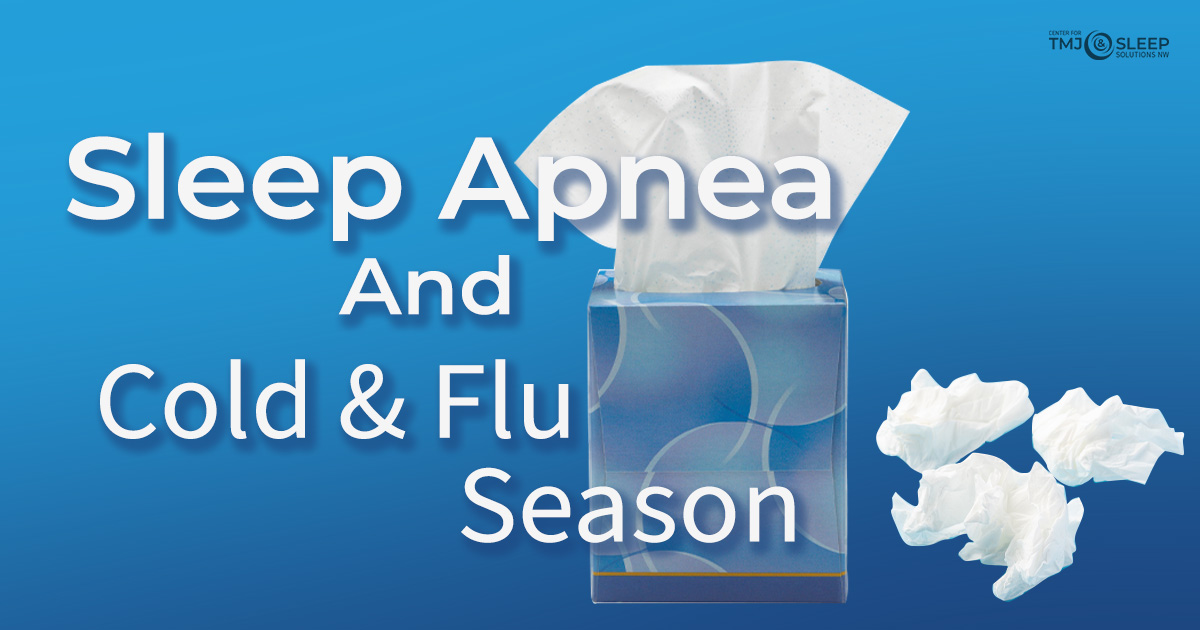
How Cold And Flu Season Can Affect Your Sleep Apnea
Cold and flu season brings a host of uncomfortable symptoms, from congestion to sore throats, but if you have sleep apnea, these seasonal illnesses can bring additional challenges. Even minor congestion can make breathing through the nose difficult, making restful sleep harder to come by. Here’s what you need to know about managing sleep apnea during cold and flu season—and a few tips to help you breathe easier.
Nasal Congestion and Sleep Apnea
One of the biggest challenges cold and flu season presents is nasal congestion. When your nasal passages are blocked, breathing through your nose becomes difficult, if not impossible, which is particularly problematic for those who rely on continuous positive airway pressure (CPAP) therapy. A congested nose can cause you to breathe through your mouth, which may reduce the effectiveness of CPAP and make it harder to maintain consistent air pressure.
Increased Throat Irritation
Along with nasal congestion, cold and flu symptoms often include a sore or irritated throat. This can make breathing even more difficult during sleep, especially if you’re prone to throat irritation or dryness. When your airway is already susceptible to obstruction (as with sleep apnea), throat irritation and swelling can exacerbate breathing issues and cause more frequent disruptions during the night.
Coughing and Interrupted Sleep
Coughing is another common symptom that can lead to interrupted sleep. If you’re waking up frequently with coughs, your body is losing valuable sleep cycles, making it harder to get the rest you need. For sleep apnea patients, this can compound the effects of already disrupted sleep and lead to increased daytime fatigue and reduced focus.
Tips for Managing Sleep Apnea During Cold and Flu Season
- Stay Hydrated: Drinking plenty of water can help thin mucus and ease congestion. It also prevents your throat from drying out, reducing irritation.
- Use a Humidifier: Dry winter air can make congestion worse. A humidifier adds moisture to the air, which can help keep your nasal passages open and make breathing easier.
- Consider Saline Nasal Spray: Saline sprays can help relieve nasal congestion without medication, making breathing and sleeping easier.
- Elevate Your Head: Sleeping slightly elevated can reduce congestion and help keep your airway open.
Cold and flu season may bring extra challenges if you have sleep apnea, but taking a few extra precautions can make a big difference. For additional support managing your sleep apnea, reach out to Center for TMJ & Sleep Solutions NW located in Silverdale, Federal Way, or Bellevue, WA to learn more about available treatment options.










